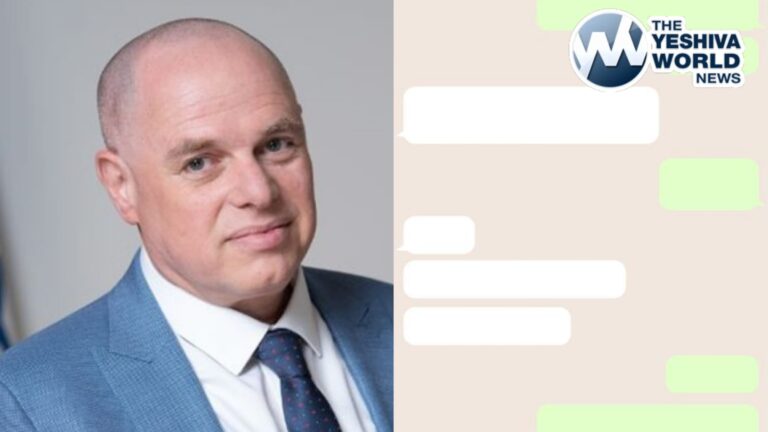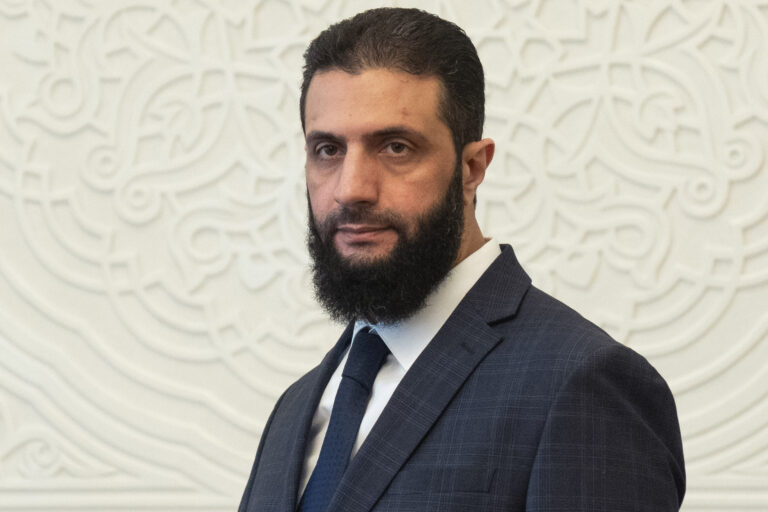We all love Shabbos. The day that the world keeps going, but we Jews step off and indulge in acts that bring a special kedushah to the day. There are many aspects of that kedusha including special davening, not engaging in melacha (39 catagories of work prohibited on Shabbos), a day when we can spend quality time with our families and that we may not have during a busy week. One of the aspects of keeping Shabbos to keep it holy is to eat 3 festive meals. Aside from these obligatory meals, we know that food itself is a part of Oneg Shabbos (delight). The Rambam states in Hilchos Shabbos 30:10 that eating meat and drinking wine on Shabbos is considered Oneg Shabbos. In the very first chapter of Shulchan Aruch in Hilchos Shabbos the Mishna Brura states “that to honor Shabbos, it is good to be meticulous about having at least two cooked dishes. Similarly, it is good to eat fish at each of the three meals unless they do not agree with one due to his nature or one has a distaste for them–for Shabbat was given for enjoyment, not for misery…It is also stated such a law will not result in an omission of the mitzvah of Oneg, since the Shabbos may be made enjoyable with other foods.”
Food and Oneg are definitely intertwined, but there is a fine line between enjoying special foods for Shabbos, and even eating a little bit more; and ending up feeling overfull and not well after Shabbos and putting on weight, which is detrimental to our health. Lose It! nutritionist Elisheva Rosenberg has spent a lot of time with the rest of the Lose It! staff coming up with reasonable ways to be able to eat well on Shabbos, enjoy your food and still keep your food intake under control. Here are some of her recommendations:
- PLAN, PLAN, PLAN……with YOU in mind.
- Don’t buy ‘Shabbos Treats’ too early in the week.
- Use low calorie versions of ‘must have’ dishes.
- Make sure you have plenty of nutritious side dishes, a healthy and lean main course, and a dessert if you would like.
- Watch your challah intake and try to use whole grains. Consider making/buying smaller challas and/or individual rolls.
- Move the Challah basket to the middle of the table—out of your reach.
- If you eat out, consider eating lightly before hand or having healthy food available to eat when you come home.
- Go to a kiddush mentally prepared. Make Kiddush and eat something light before you go or when you get home. Say Mazel Tov and leave if it is too challenging to stay.
- Exercise before and/or after Shabbos to help yourself both physically and mentally. Going for a walk after each meal on Shabbos is very helpful for digestion.
- Emphasize other aspects of Shabbos rather than just the food.
- Don’t let a beautiful gift like Shabbos ruin your health goals
In addition to these tips, it is very important not to come into any Shabbos meal too hungry. In the summer on a long Friday, be sure to eat lunch and even have a small snack later in the day, a fruit and hand full of nuts might do the trick. When you wake up Shabbos morning, drink sufficient water before Shul so you can hold out until lunch without getting overly hungry. Many times it is thirst that we mistake for hunger. In the winter months, there is no need to snack between lunch and Shale Shudes (the third meal), and you will still be able to eat after Shabbos without using more than your allotted daily calories.
Even though most of us live close to where we daven and we don’t have to be overly active over Shabbos, one thing which is very helpful is making sure we all go for a walk, even a short walk, after each meal. Falling asleep on a full stomach in not a good idea!
Another valuable tip during meals is to fill your plate without taking seconds. If you must take something else, take a cooked or raw vegetable or salad. Sitting at the Shabbos table for a long time will eventually have you give in and take more food. Don’t rush your meals, but they don’t have to be drawn out either. There is nothing wrong with retiring to the living room afterwards and continuing conversation there without the food in front of you.
Oneg is an important aspect of Shabbos, but overeating is not only unhealthy, it is possibly a prohibited act. Oneg is to enhance our Shabbos, not to make us sick. Yes, Shabbos is a time for special foods, but overindulgence isn’t a mitzvah. Enjoy Shabbos, feel well during and after Shabbos, and don’t make Shabbos the day that undoes your health. Keeping your food under control, even on Shabbos is another way “add hours to your day, days to your year and years to your life.”
Alan Freishtat is an A.C.E. CERTIFIED PERSONAL TRAINER and a LIFESTYLE FITNESS COACH with over 16 years of professional experience. He is the co-director of the Jerusalem-based weight loss and stress reduction center Lose It! along with Linda Holtz M.Sc. and is available for private consultations, assessments and personalized workout programs. Alan also lectures and gives seminars and workshops. He can be reached at 02-651-8502 or 050-555-7175, or by email at [email protected] Check out the Lose It! web site – www.loseit.co.il US Line: 516-568-5027










